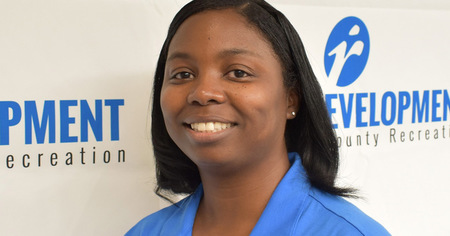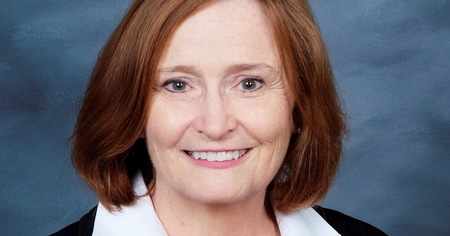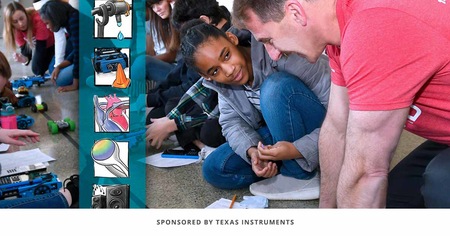There are many things that have happened to change the nature of our work in the last 30 years. In 1990, we didn't have 21st Century Community Learning Center funding, we didn't talk about STEM, and we couldn't anticipate how technology would change the way we learn, the way we teach, even the way we manage attendance!
Yet there are so many things that haven't changed. The opportunity afterschool presents to positively impact the lives of children, families and communities. The importance of quality. The important role caring adults can play in the life of a child.
I once heard someone describe leading change as "finding the balance between KNEW and NEW."
Indeed, change can be fraught with emotion and driven by uncertainty—and that uncertainty can often negatively impact the work of the team. As leaders addressing change, our job is to work with our teams to determine the change outcome, continually remind people what that outcome is, and—most important—remind them why it's important.
As I looked through these files, I reflected on the changes that have occurred in the last 30 years. I thought of how, at many points in our existence, there may have been changes that could have doomed our work and organization. There were those who wanted no part of these changes to our work. You've probably experienced something like this in your organization.
Thankfully, despite fierce and passionate opposition, there were leaders who were able to embrace change by keeping their eyes fixed on what was important about this work and why it had to endure. They were able to weather the changes, adapt and lead accordingly. They were always finding that balance of KNEW and NEW, while staying focused on why afterschool—and afterschool professionals—are important to children, families and communities.
 Written by Gina Warner, President and CEO of NAA.
Written by Gina Warner, President and CEO of NAA.




